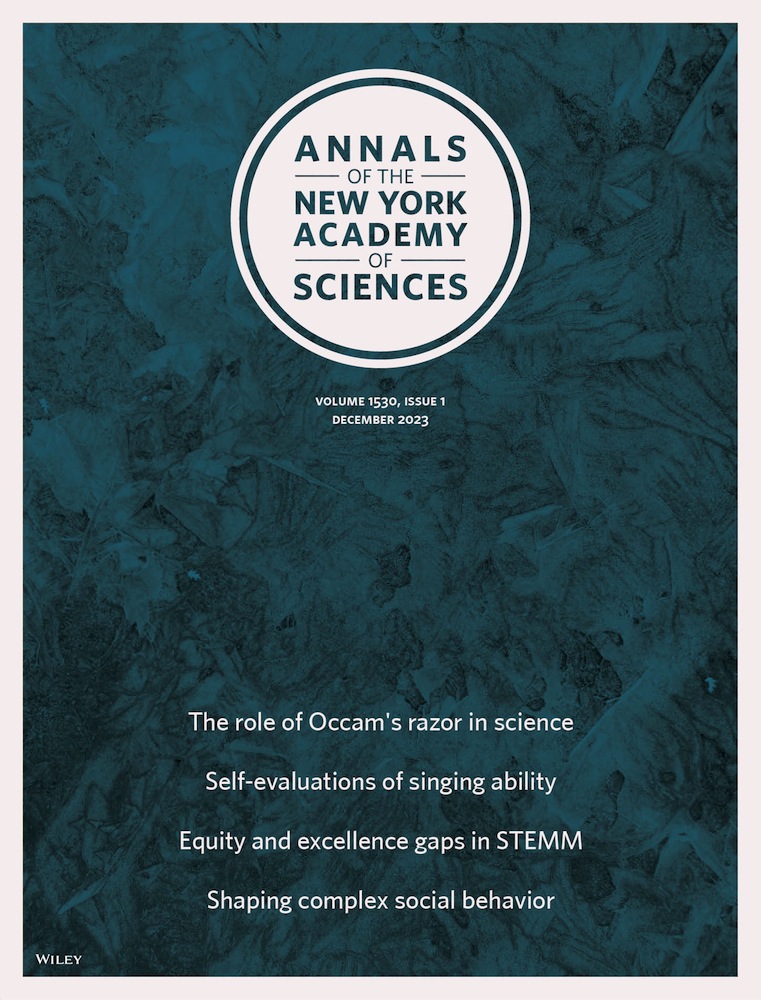Using the process model of eco-anxiety in group work
IF 4.1
3区 综合性期刊
Q1 MULTIDISCIPLINARY SCIENCES
引用次数: 0
Abstract
Group work is regarded as an especially promising method for engaging with eco-anxiety and other difficult eco-emotions. This article introduces a new method for facilitated group work based on the process model of eco-anxiety and ecological grief (hereafter, the process model). The method combines elements from timeline exercises, social learning, spectrum line methods, and somatic methods. Observations and feedback from a pilot workshop are used to develop the method further. Participants explored their eco-anxiety journeys in small groups. The phases and dimensions of the process model were printed on paper, and people could move in space while they reflected on them. The participants were encouraged to experiment with somatic movements and sounds. The possible balance or imbalance between action, distancing (including self-care), and grieving (including other emotional engagement) was explored. The workshop ended with creative co-thinking about how to find more balance. This method was clearly useful for the participants, but more research is needed to explore its use with different audiences. This method can be facilitated by people other than therapists if they have suitable skills, but it also allows for in-depth use in therapy and psychological interventions. Variations of using the method or parts of it are discussed.

小组工作中生态焦虑的过程模型
小组工作被认为是处理生态焦虑和其他困难的生态情绪的一种特别有前途的方法。本文介绍了一种基于生态焦虑和生态悲伤过程模型(以下简称过程模型)的促进小组工作的新方法。该方法结合了时间线练习、社会学习、谱线方法和躯体方法的元素。试验车间的观察和反馈用于进一步发展该方法。参与者以小组形式探索他们的生态焦虑之旅。过程模型的阶段和维度被打印在纸上,人们可以在空间中移动,同时思考它们。参与者被鼓励进行身体动作和声音的实验。探讨了行动、疏远(包括自我照顾)和悲伤(包括其他情感投入)之间可能的平衡或不平衡。研讨会以如何找到更多平衡的创造性共同思考结束。这种方法显然对参与者很有用,但需要更多的研究来探索它在不同受众中的应用。如果治疗师以外的人有适当的技能,也可以促进这种方法,但它也允许在治疗和心理干预中深入使用。讨论了使用该方法的变化或部分方法。
本文章由计算机程序翻译,如有差异,请以英文原文为准。
求助全文
约1分钟内获得全文
求助全文
来源期刊

Annals of the New York Academy of Sciences
综合性期刊-综合性期刊
CiteScore
11.00
自引率
1.90%
发文量
193
审稿时长
2-4 weeks
期刊介绍:
Published on behalf of the New York Academy of Sciences, Annals of the New York Academy of Sciences provides multidisciplinary perspectives on research of current scientific interest with far-reaching implications for the wider scientific community and society at large. Each special issue assembles the best thinking of key contributors to a field of investigation at a time when emerging developments offer the promise of new insight. Individually themed, Annals special issues stimulate new ways to think about science by providing a neutral forum for discourse—within and across many institutions and fields.
 求助内容:
求助内容: 应助结果提醒方式:
应助结果提醒方式:


